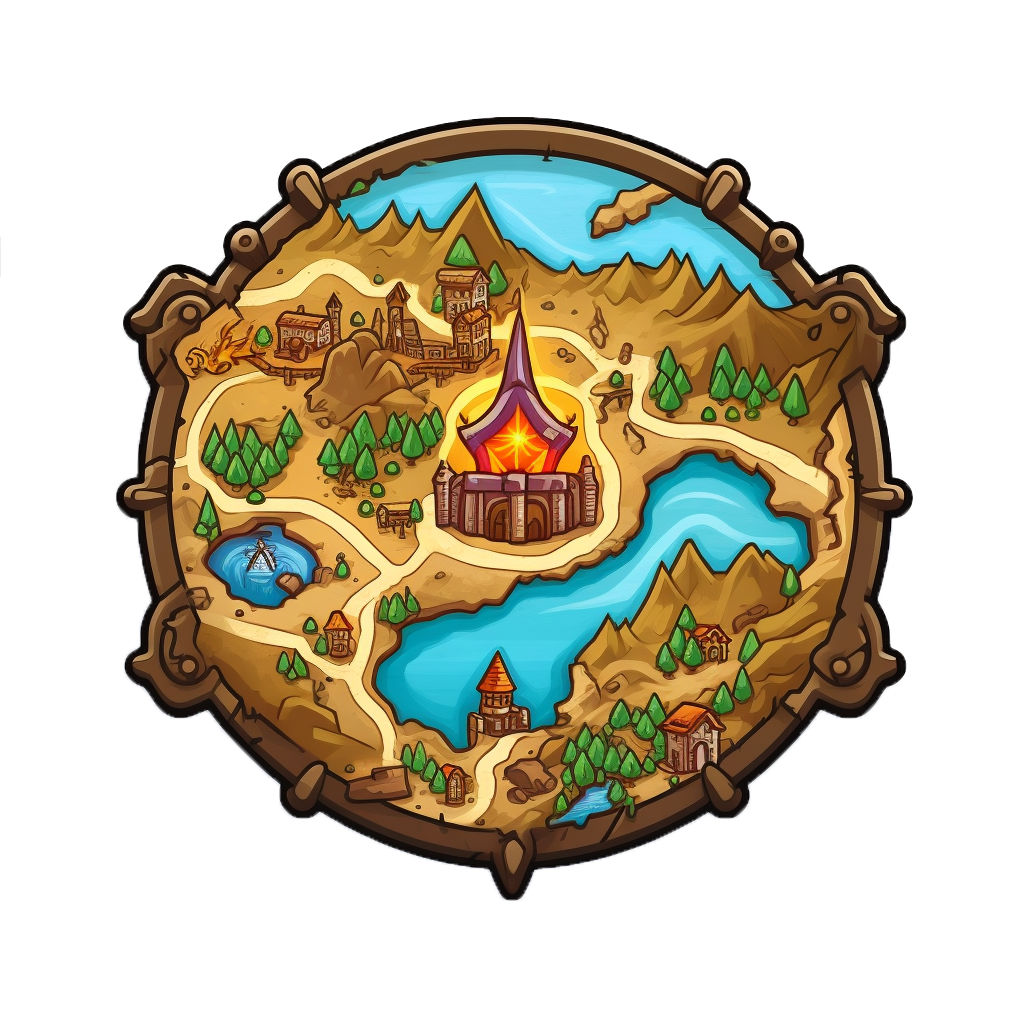It would be really funny if they asked latitude and longitude instead of asking them to point on a map. Suddenly the data becomes very impressive.
ExaltedWarrior
- 0 Posts
- 13 Comments
Don’t you know? Jobs work like prestige classes. You have to max your level and then you need to reset everything to be qualified. Age too, that’s where we get all the 20 year olds with 30 years of experience.

 5·1 year ago
5·1 year agoI joined during the great exodus and it’s gotten better since then. At the time it felt like Lemmy’s content was only consistently better than reddit at its worst, but that’s not a high bar. I’m not sure how people have found it worse since most communities are still empty husks with like one post a week.

 4·1 year ago
4·1 year agoI had a challenge to this idea, but after I thought about it more I’m going to take it in a different direction.
Consciousness seems to be an emergent behavior of at least some complex systems (what systems qualify is unknown). Just sticking with my own neurons, each neuron simply reacts to the signals sent to it and then sends out it’s own signal. No neuron has the full context or is necessarily even aware that it’s playing part in my own consciousness. Even I don’t have the full context of what’s happening in my brain.
If we extrapolate this to group behaviors then we can’t assume any greater consciousness is any smarter than it’s parts.

 2·1 year ago
2·1 year agoI think it’s important to understand the difference between the job of the GM and the game designer. A designers job is to make the GMs job easier and prepare them to run the designers system. I think too many designers forget that and write a book that acts like it assumes a GMing style. At the end of the day a designer can’t make a group enjoy their system, but there is such thing as good system writing beyond just making clear rules and an interesting setting.
“Ruling not rules” is a solid idea since that’s the strength of a ttrpg, but it often feels like an excuse for the designer not doing their job. The designer gets no credit for the GMs decisions unless they directly influence it through well designed mechanics or writing in such a way to develop the GMs intuition. I’ve seen designers clearly state their intentions well enough without specific rules so that it helps the GM make a good ruling, but many don’t. PbtA systems is were I see this mistake the most. So often they have written a mechanic where it’s clear the designer has an assumption in mind but won’t explain what it is.
The problem with many setting first design is that it’s clear that the person wanted to publish their world building, but didn’t want to write a novel so to justify anyone buying it they wrote an RPG. However, designing mechanics is it’s own discipline so these games suffer from it if the writer was really just wanted to write a setting guide. In these cases it’s a little bit better if you write it as third party content for another ttrpg.
It’s rare to see a ttrpg marry both world building and mechanics, but the ones that do tend to be super hyper focused. The real reason I don’t think this is more common is because a 600+ rulebook is intimidating even if it’s mostly just the setting.

 2·1 year ago
2·1 year agoIt’s weird that the article uses the term “crunch” when talking about mostly about complex dice resolution since the games typically known for high crunch have very simple dice resolution mechanics. Complex dice resolution is usually tied to otherwise simple systems. I guess it’s not technically wrong though.

 23·1 year ago
23·1 year agoBoth is good, but even stopping all plastic today and picking up every piece of trash we can grab with our hands won’t clean up the microplastics that are already in the environment.

 2·1 year ago
2·1 year agoVirtual tabletops are more common now so that’s how people use these. It’s also why it doesn’t have a grid as it’s a pain to line up the grid image with the VTT grid.

 3·1 year ago
3·1 year agoYes, they are for ttrpgs
I know the feeling. You kinda space out and start walking in the kata direction and next thing you know you’re in another plane of existence. Happens to the best of us.
Hmmm… I don’t see what the problem is. Maybe people are just assholes.
Like, anything it says or just commandments? Because the Bible is filled with stories of bad people doing things the Bible considers bad.




I would like a carton of eggs for Christmas.